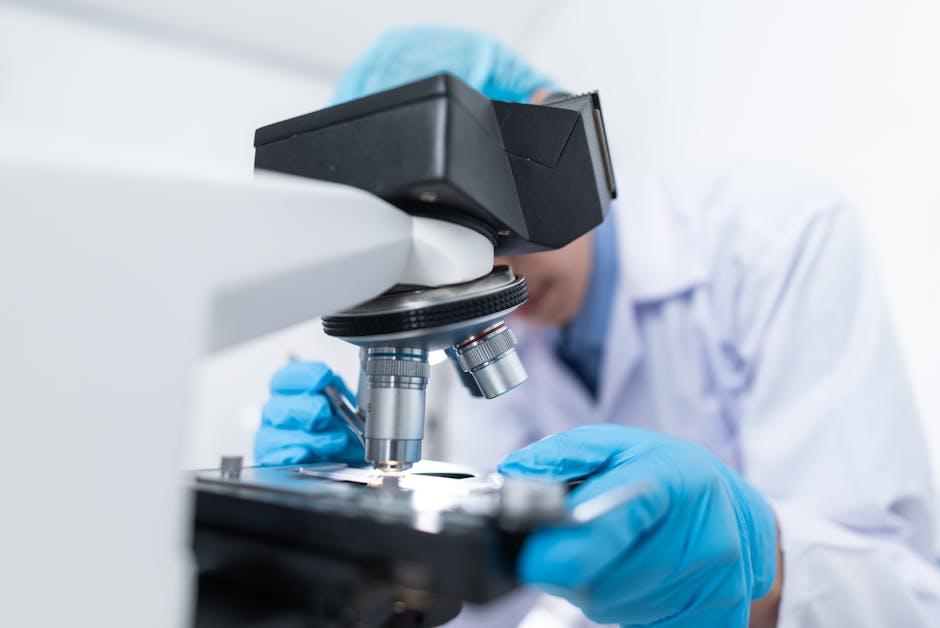Over the years, humanity has witnessed remarkable scientific discoveries and advancements that have shaped the world as we know it today. From Marie Curie’s groundbreaking research on radioactivity to Galileo Galilei’s remarkable discoveries in astronomy, these brilliant minds have pushed the boundaries of human understanding. However, as technology rapidly advances, we find ourselves on the cusp of a new era where artificial intelligence (AI) has the potential to revolutionize science and make the next big discovery.
Imagine an AI Marie Curie or a Robo-Galileo; an intelligent algorithm capable of interpreting complex data, detecting patterns, and making connections that humans might miss. With an immense processing power and the ability to analyze extensive amounts of information in a short span of time, an AI scientist has the potential to surpass the limitations of human intelligence and initiate groundbreaking scientific breakthroughs.
One area where AI scientists can excel is in handling large-scale data analysis. With the explosion of big data, researchers often find themselves overwhelmed by the sheer volume of information available. AI scientists can effortlessly sift through this vast amount of data, identifying correlations and unveiling hidden connections that might lead to new scientific discoveries. In fields like genomics, astronomy, and particle physics, where data sets are massive and complex, AI algorithms can help unlock the secrets of the universe that elude human comprehension.
Furthermore, AI scientists offer a level of accuracy and consistency that can be difficult for their human counterparts to achieve. Mistakes, biases, and personal limitations are inherent in human research, but AI scientists are unaffected by such human fallibilities. Analyzing data with unerring precision, an AI scientist can challenge preconceived notions and introduce fresh perspectives, potentially validating or refuting existing theories. By providing more reliable and rigorous research, AI scientists can drive scientific progress at an unprecedented pace.
One of the most significant advantages of AI scientists is their ability to simulate complex models and conduct virtual experiments. With these simulations, they can explore the limits of what is currently known, accelerating our understanding of various phenomena without the need for expensive and time-consuming physical experiments. This approach allows AI scientists to optimize experimental conditions, test numerous hypotheses simultaneously, and explore novel ideas that would otherwise be unattainable, potentially leading to remarkable breakthroughs.
Critics may argue that AI scientists lack the intuition, creativity, and serendipity that human scientists possess. After all, it was Marie Curie’s insatiable curiosity and Galileo Galilei’s unrelenting exploration that led to their profound discoveries. However, recent advancements in the field of AI have demonstrated that algorithms can mimic creative thinking through machine learning and deep neural networks. By studying vast amounts of scientific literature and historical data, AI scientists can gain inspiration and propose innovative and novel ideas that may elude their human counterparts.
While the idea of an AI Marie Curie or a Robo-Galileo might seem like science fiction, it is no longer a distant possibility. The rapid progress in AI technology has already led to significant advancements in various scientific fields. From the development of new drugs to the discovery of exoplanets, AI algorithms have proven their worth time and time again.
The potential for an AI scientist to make the next big science discovery is an exciting prospect. With their unparalleled processing power, unwavering accuracy, and ability to simulate complex models, AI scientists have the potential to exponentially accelerate scientific progress. While they may not fully replace human scientists, they will undoubtedly serve as invaluable collaborators in our quest to unravel the mysteries of the universe and push the boundaries of human knowledge.

